I haaaate making mistakes. I mean, I’m certain no one enjoys it and I’m not an anxious person by nature, but something about making an error sets me off-kilter, you know? You know how you’re working on something and doing so confidently, feeling efficient, and then somewhere amidst the process, you make a mistake and then you feel different. The confidence goes away, and in its place comes the self-doubt, and the very thing you were doing only a few moments ago instinctually now requires thought because you feel like you can’t trust yourself. You were moving at a decent pace but now, whether you realize it or not, you start to slow down, to actually think about what you’re doing for fear that you will make the same error again. Or maybe, that’s just how it feels for me when I make a mistake – as though I’m not equipped to do anything else and like I should stop what I’m doing and allow someone else, someone more suitable to finish what I’ve started. Anyway, I want to address that pit in our stomach we feel when we know we’ve missed something or erred in any way shape, or form, and more specifically, how we proceed in the face of that discomfort.
Before I go any further and share the wisdom my father shared with me that now prevents me from putting undue pressure on myself after I make a mistake, I need you to know that feeling I described earlier, that makes you question yourself and your ability to complete the task at-hand? It’s from the enemy.
Naturally, as humans, encased in flesh, we will make mistakes. That’s a very simple guarantee but what is not natural is to beat ourselves up every single time that we do to the point that our sense of self is now being attacked. In those moments, I truly believe we give the mistake too much credit. By that I mean, if we focused on the solution, on what to do to prevent ourselves from making the same mistake or what to do now that the mistake has already been made half as much as we focused on the mistake itself, we could move on a lot faster without the self-pity and self-doubt and all the other emotions overwhelm us in those moments. How can we change we avoid doing that? I’m glad you asked. Now, I can tell you what my father told me.
When I was at work this week, I made a mistake, and though it was easily rectifiable, my flesh started to embrace all those feelings I mentioned earlier and the enemy almost had me delving into feelings that it would’ve taken me a while to depart from.
But then I remembered something my father has always said, which is, “it’s not what you do, it’s what you do after,” and that kept me from reeling the way I always seem to do after I make a mistake.
Instead of beating myself up and going into the recesses of my mind pretending I could change everything that led up to my error, I focused, instead, on the opportunity I now had to do better and be better. It’s something so simple and yet, it’s so powerful. Because at that moment, remembering words that I’ve heard so often, I was able to take accountability for the mistake, and instead of lingering and pondering on it, I simply moved on. I acknowledged I made the error and then I just continued to do what I was doing but not with self-doubt or pity or trepidation, but with a weight lifted and with cognizance of what I was doing and how to avoid making the same error I’d made before.
God calls us to extend Grace to others daily and I think we sometimes forget to extend that same grace to ourselves. But let us remember that Christ’s second greatest commandment is to love our neighbors as ourselves, and we cannot love our neighbors in the way God has called us to if we are not first treating ourselves with grace and love first.
As children of God, we cannot be reactive, allowing our flesh to lead us astray. We must always filter our actions, our words and deeds through the Word of God and after Jesus Christ, the author and finisher of our faith. Now, I’m not saying not to make a mistake ever because we’ve already established we simply cannot do that, but I am encouraging us to do two things.
The first thing is to change our perception of what a mistake is. The only thing I see it as is a learning opportunity, be it my mistake or someone else’s. Maybe, you learn to slow down and take your time or maybe you learn how to be more efficient, but there is something to learn, a way by which you can improve if you are truly receptive. The second and more important thing I am encouraging us all to remember is that when we do err, the error or mistake is not nearly as essential as our response to it, and what we say and do after it. So, you’ve made a mistake, but what will you do after? How will you allow the mistake to affect you? Will you let it define you and let your flesh overtake you? Or will you heed the lesson it illuminated to you and seek to be better next time?







